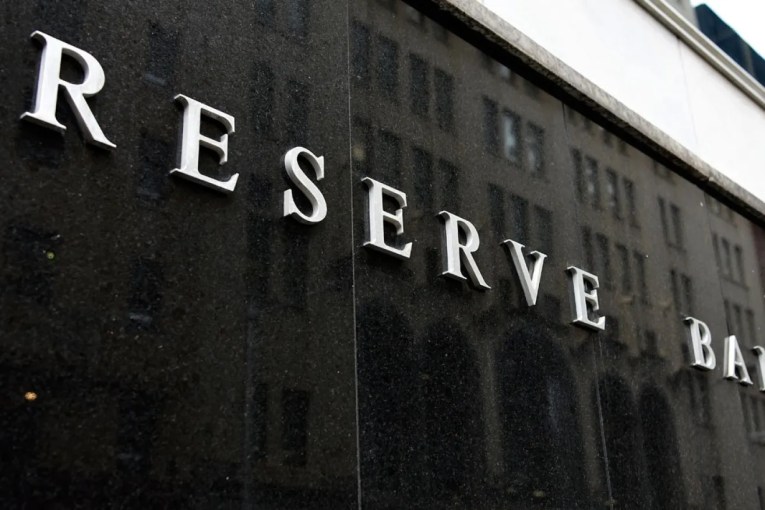Fresh produce in ‘deflation’, Coles boss says, but families still struggle

Prices for grocery staples have soared over the past year, but that is beginning to change with Coles boss Leah Weckert on Tuesday saying that some goods are getting cheaper.
That includes vegetables like cucumbers, broccoli and capsicum, as well as red meat.
“Fresh produce is now in deflation, driven by vegetables, and red meat is now also in deflation – that’s driven by beef and lamb,” she said.
Coles revealed on Tuesday that its prices rose 6.7 per cent over the 12 months to July 31.
But that headline figure hides a turbulent year for grocery bills – prices rose 7.4 per cent over the first half before moderating to 6 per cent in the second and 5.8 per cent in the fourth quarter.
That fall is encouraging, though grocery inflation still remains elevated by historical standards.
Ms Weckert said that while price growth is easing, there are some products – namely baked goods and dairy – that are still experiencing quite steep price increases.
Dairy prices are rising because farm gate milk prices have shot up, while bakeries are suffering with elevated global wheat prices amid disruptions to supplies coming out of Ukraine.
“While those [bakery and dairy] continue to be at elevated levels we will continue to see an inflationary environment,” she said.
Healthy diet a ‘struggle’
Fresh figures published by Deakin University reveal the extent of the cost-of-living crunch on grocery shelves since June 2022, with a range of fresh foods seeing double-digit price hikes.
Widespread flooding helped send prices for a range of fruit and vegetables through the roof, with pears (up 42 per cent), bananas (22 per cent), red apples (19 per cent), brown onions (24 per cent) and potatoes (9 per cent) among the hardest-hit products.
Deakin University researcher Christina Zorbas said it now costs families hundreds of dollars more a fortnight to maintain a healthy diet – which can be up to a third of a low-income family’s budget.
“We already know most Australians struggle to eat a healthy diet and most Australians tell us that healthy stuff is too expensive,” Dr Zorbas said.
Dr Zorbas said that governments need to step in to regulate food prices and prevent inflation spikes from pushing families towards unhealthier foods in a bid to save money.
“We need a food system that’s better regulated and a government that can step in and do something,” she said.
Coles’ profit
Coles posted a $1.1 billion annual after-tax profit, which was up 4.8 per cent on a cash basis.
But profits actually fell slightly across its supermarket division, with the group-wide profit attributed entirely to a $53 million gain posted by its convenience arm that was sold in May.
Investors responded negatively, sending Coles’ share price down 5 per cent in morning trade.
Supermarket margins remained largely steady as the chain cycled elevated demand from COVID lockdowns over the first half before sales volumes began growing again later in the year.
Ms Weckert said Coles shoppers are exhibiting more savvy behaviours amid the cost-of-living crunch, with many people opting for own brand goods for staples like rice and pasta.
More families are doing meal plans and keeping a keener eye out for discounts too, she said.
“Where there are opportunities to bring prices down because we are seeing changes in terms of the cost make-up then we are looking to pass that onto customers,” Ms Weckert said.








